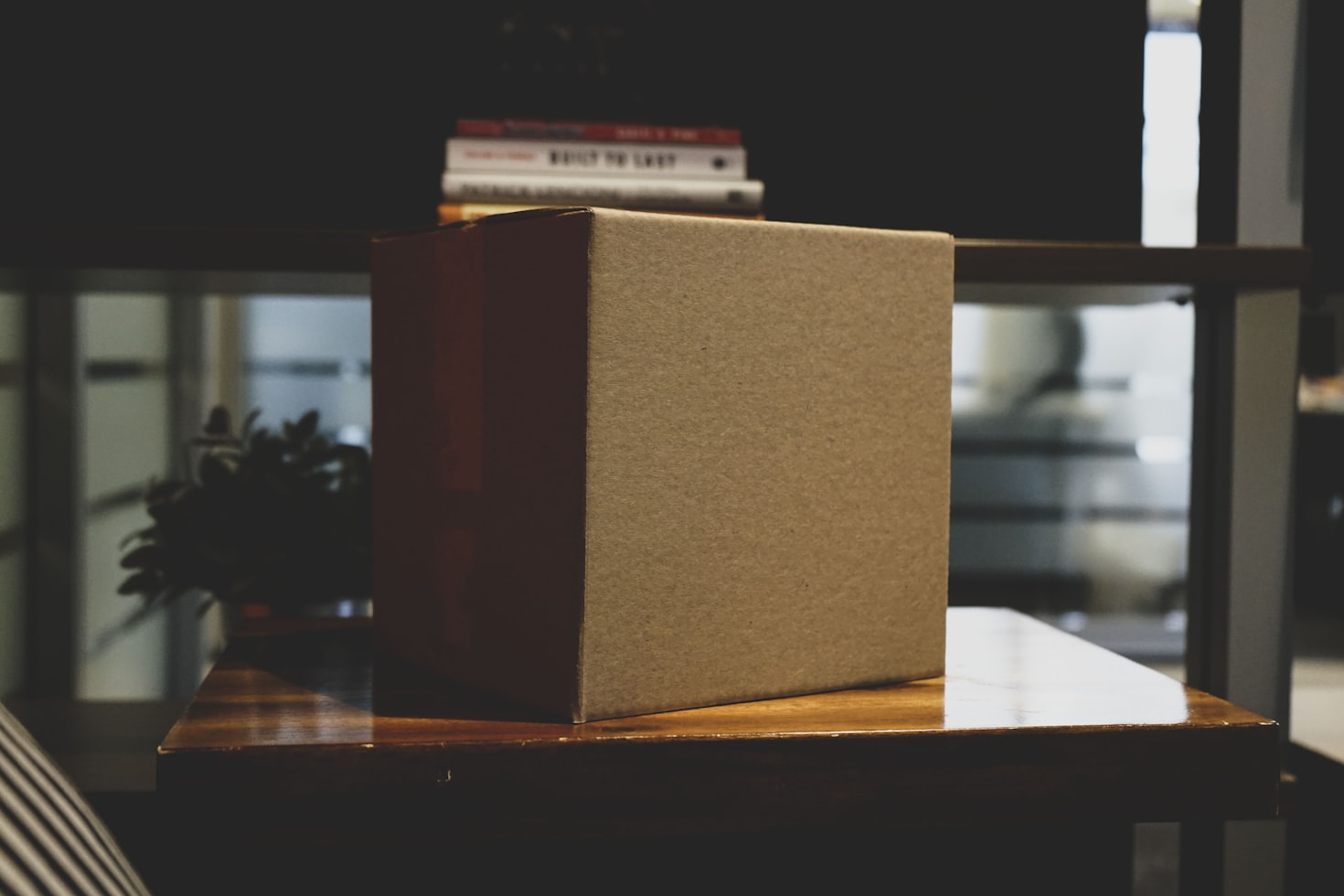How to Tell If a PayPal Request Is for Goods and Services
PayPal is a widely used online payment platform that allows individuals and businesses to send and receive money securely. When using PayPal, it is important to understand the different types of transactions, particularly when it comes to distinguishing between requests for goods and services. This article will provide valuable insights and tips on how to identify if a PayPal request is for goods and services, ensuring that you can make informed decisions and protect yourself from potential scams.
Understanding Goods and Services Transactions
Before diving into the indicators of a goods and services transaction, it is essential to understand what it entails. A goods and services transaction refers to a payment made for the purchase of physical products or services provided by an individual or business. This type of transaction is typically used for online shopping, paying for services, or any other situation where you are buying something tangible or intangible.
1. Check the Payment Description
One of the first things you should do when receiving a PayPal request is to carefully review the payment description. The payment description should clearly state what you are purchasing or the service being provided. If the description is vague or unclear, it may be a red flag indicating a potential scam. Legitimate sellers or service providers will usually provide detailed information about the item or service being offered.
2. Look for a Shipping Address
If you are purchasing a physical product, the PayPal request should include a shipping address. This address is necessary for the seller to send the item to you. If the request does not include a shipping address or if the address seems suspicious, it is advisable to proceed with caution. Scammers often avoid providing a shipping address or use fake addresses to deceive buyers.
3. Verify the Seller’s Reputation
Before completing a PayPal transaction, it is crucial to verify the reputation of the seller. If you are buying from an online marketplace or platform, such as eBay or Etsy, check the seller’s ratings and reviews. Look for positive feedback and a history of successful transactions. If the seller has a low rating or negative reviews, it may indicate a higher risk of fraudulent activity.
4. Request Additional Information
If you have any doubts about the legitimacy of a PayPal request, do not hesitate to contact the seller or service provider directly. Request additional information or clarification regarding the item or service being offered. Legitimate sellers will be responsive and willing to provide the necessary details to ensure a smooth transaction. If the seller avoids answering your questions or provides evasive responses, it is a warning sign that the request may not be genuine.
5. Be Wary of Unsolicited Requests
Be cautious when receiving unsolicited PayPal requests, especially if they come from unknown individuals or businesses. Scammers often send unsolicited requests in an attempt to deceive unsuspecting individuals. If you receive a PayPal request out of the blue, take the time to investigate the sender and the nature of the request before proceeding. It is always better to be safe than sorry.
6. Use PayPal’s Dispute Resolution Process
If you suspect that a PayPal request is fraudulent or if you encounter any issues with a goods and services transaction, PayPal offers a dispute resolution process to help resolve conflicts. This process allows you to open a dispute and communicate with the seller to reach a resolution. PayPal acts as a mediator and can provide assistance in resolving the issue or refunding your money if necessary.
Frequently Asked Questions (FAQ)
1. Can I use PayPal for both goods and services transactions?
Yes, PayPal can be used for both goods and services transactions. It is a versatile platform that allows individuals and businesses to send and receive payments for various purposes.
2. What should I do if I receive a PayPal request for an item I did not purchase?
If you receive a PayPal request for an item you did not purchase, it is crucial to take immediate action. Contact PayPal’s customer support and report the unauthorized transaction. They will guide you through the necessary steps to resolve the issue and protect your account.
3. Are there any fees associated with goods and services transactions on PayPal?
Yes, PayPal charges fees for goods and services transactions. The fees vary depending on the country and the total transaction amount. It is advisable to review PayPal’s fee structure to understand the costs associated with using the platform.
4. Can I cancel a goods and services transaction on PayPal?
Once a goods and services transaction is completed on PayPal, it cannot be canceled directly through the platform. However, you can contact the seller and request a refund or negotiate a resolution. If the seller refuses to cooperate, you can open a dispute through PayPal’s resolution center.
5. How can I protect myself from PayPal scams?
To protect yourself from PayPal scams, it is essential to be vigilant and follow best practices. Avoid clicking on suspicious links, verify the legitimacy of the request, and use secure payment methods. Additionally, regularly review your PayPal account activity and report any unauthorized transactions immediately.
6. Can I use PayPal for international goods and services transactions?
Yes, PayPal can be used for international goods and services transactions. However, it is important to consider any additional fees, currency conversion rates, and potential customs duties or taxes that may apply when conducting international transactions.
Summary
Identifying whether a PayPal request is for goods and services is crucial to protect yourself from potential scams and fraudulent activities. By checking the payment description, verifying the seller’s reputation, and requesting additional information when necessary, you can make informed decisions and ensure secure transactions. Remember to be cautious of unsolicited requests and utilize PayPal’s dispute resolution process if needed. By following these guidelines, you can confidently navigate PayPal transactions and enjoy the convenience and security it offers.
